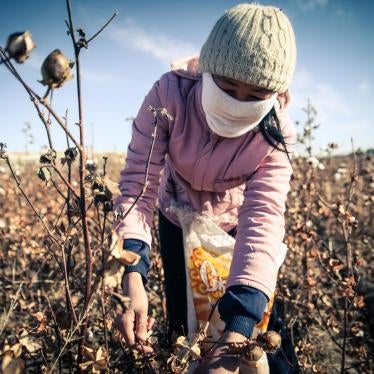So, Gulnara Karimova, daughter of Uzbekistan's dictator, who is apparently falling rapidly from favor, finally wants to “talk torture.”
After nearly a year of refusing point-blank every single question put to her by activists and journalists about torture and other serious human rights abuses by the Uzbek regime, she's been tweeting about her body guards getting beaten up.
Now she wants to talk about torture in Uzbekistan – Now?
Not at any other point throughout this year when she was Uzbekistan’s representative to the UN in Geneva, where the UN Human Rights Council is located, and when she was repeatedly presented in Twitter conversations with questions about exactly this kind of abuse and much worse (see this and this, for example)? And not even in April, after the International Committee of the Red Cross (ICRC), following years of Uzbek government interference into its standard working procedures, publicly announced that it had been left with no choice but to stop visiting prisoners in Uzbekistan, many of whom have been subjected to torture or ill-treatment?
If Karimova – or anyone else in Uzbekistan’s elite – is serious about addressing questions of systematic torture and other crimes, let them start with this: Human Rights Watch’s submission to the United Nations Committee against Torture. Let them talk about the torture of Kayum Ortikov, a former security guard for the British embassy in Tashkent, who was convicted on trumped-up charges of human trafficking in 2009 and placed in security services custody where officers tortured him to confess to charges of espionage, beating him at length, including on the genitals, and poking needles under his fingernails.
Let them explain how Uzbek leaders get rich on deadly forced labor – including child labor – in Uzbekistan's cotton fields. Let them acknowledge that the country has seen no media freedom or meaningful political competition for decades. Let them admit that government forces shot and killed hundreds of demonstrators, most of them unarmed, in the eastern city of Andijan back in May 2005.
Until then, it is unlikely there will be much sympathy in Uzbekistan for a person who complains she is now on the wrong side of the same abusive state she supported for years.








